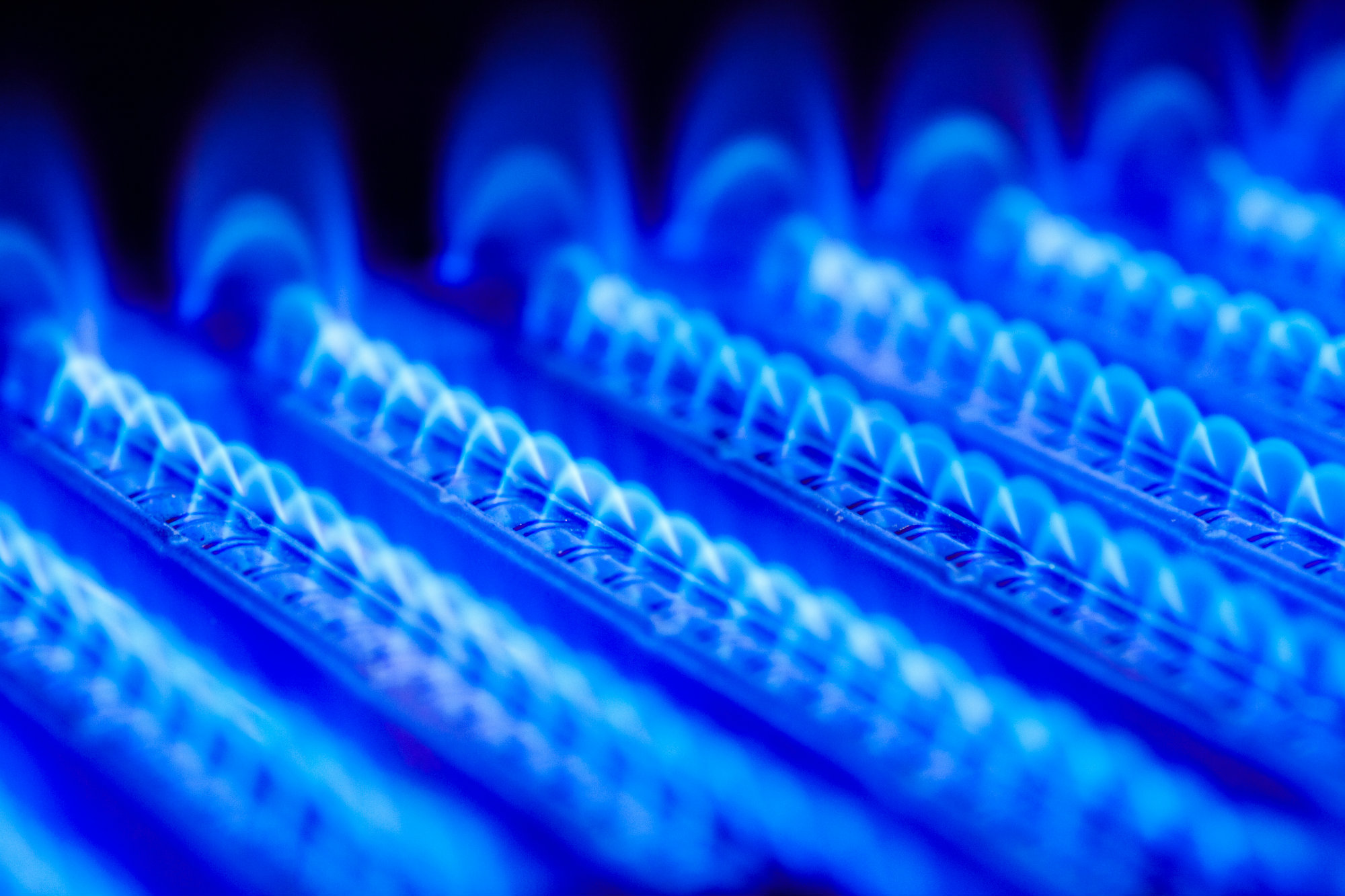Some cities in the Golden State are looking to remove natural gas as an option for homes and backyards.
Inspired by a desire to reduce greenhouse gases, 23 of the state’s 478 cities have enacted ordinances, some of which took effect Jan. 1.
They are doing this by amending the statewide codes adopted by the California Building Standards Commission for their own jurisdictions. California professionals may hear the term “reach code,” which refers to local codes that supersede state standards. The more extreme would prohibit the installation of gas lines on residential properties or mandate all electrical appliances. Others would require some sort of waiver to use gas on the property, or require that buildings with gas achieve higher energy efficiency in other areas.
Some of these localities make allowances for cooking or decorative fireplaces, however it is not yet known whether those exemptions could be applied to outdoor applications.
According to the Sierra Club, 50 cities in total are considering such laws.
But before they can officially place these restrictions on the books, they must receive approval from the California Energy Commission (CEC). So far, six have — Menlo Park, San Jose, San Mateo, Santa Monica, West Hollywood and Marin County. But they contained the most moderate language, said John Norwood, director of government relations for the California Pool & Spa Association.
The cities of Berkeley and Morgan Hill found a workaround by using police powers to enforce ordinances, declaring them a matter of public health and safety. However Berkeley is facing a lawsuit from the California Restaurant Association.
CPSA is aligning with organizations from other industries, such as the California Building Industry Association, the California Business Properties Association, and the California Restaurant Association. With the latter, CPSA plans to file a friend of the court briefing in support pf its lawsuit against Berkeley. These groups recently joined forces to lobby the CEC to uniformly reject such efforts by cities, stating that the bans go against the mission of the agency to encourage the balanced use of all energy sources. However, the CEC rejected the request and is considering each on a case-by-by case basis.
Such movement is spurred in part by legislation and emergency declarations from the previous governor, Jerry Brown, which mandate, among other things, that the state achieve carbon-neutral status by 2040 and see a 40% reduction in greenhouse gases by 2030. Further, organizations such as the Sierra Club say reducing reliance on gas is essential to mitigating climate change and, therefore, preventing wildfires.
But for business organizations such as CPSA, those arguments make no sense. Electrical energy is much more expensive than gas for these applications, and they don’t believe eliminating natural gas will help with the wildfires. “In the midst of wildfires caused by electric lines, along with blackouts, to be talking about getting rid of natural gas makes no sense at all,” Norwood said.




